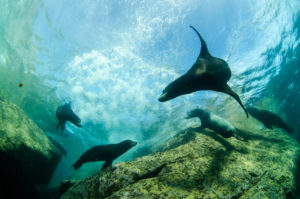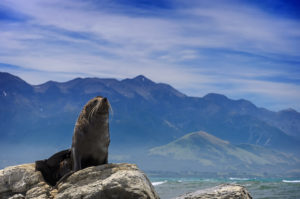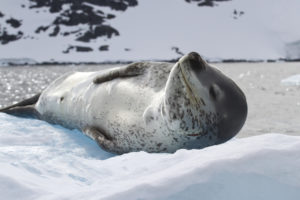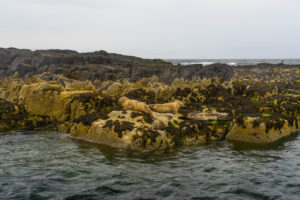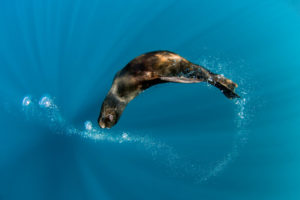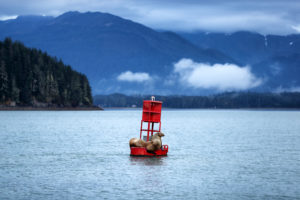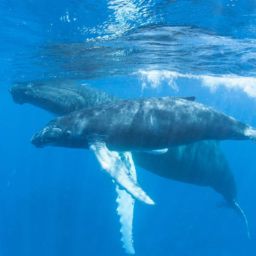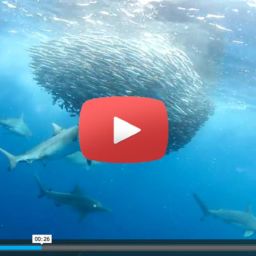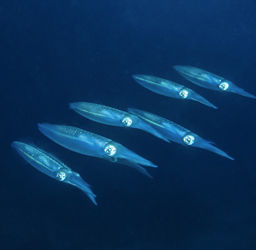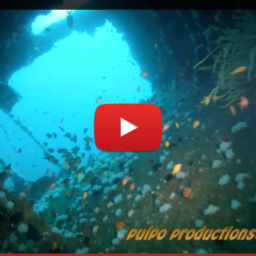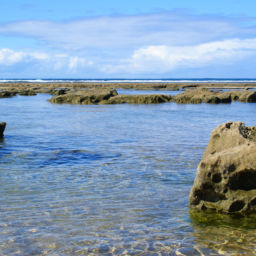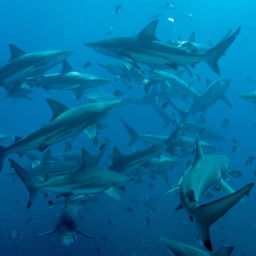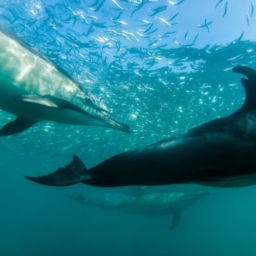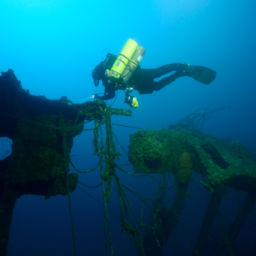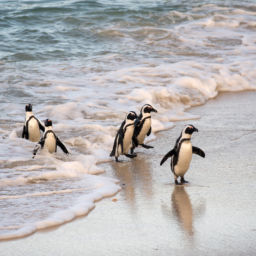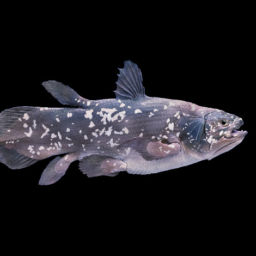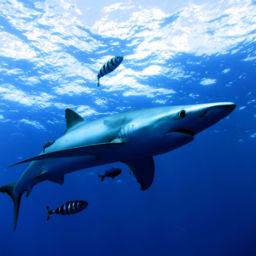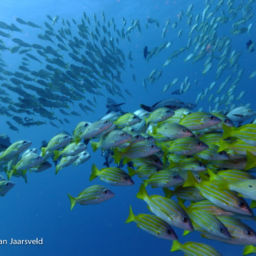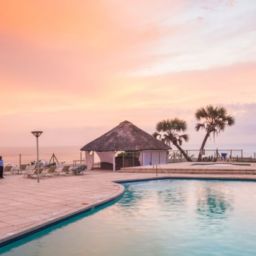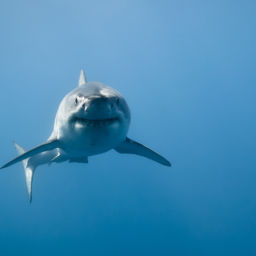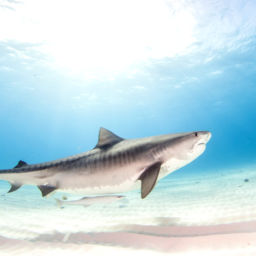Diving or snorkeling with seals (or sea lions) is one of the most thrilling underwater experiences of all. There are numerous species all over the planet, and many of them are quite curious about people. For the cold-water lovers, diving with the leopard seal, Antarctica’s apex predator, is one of the ocean’s most unique experiences. For those who favor warmer waters, Baja California is famous for the sea lions that congregate there in the hundreds. Whatever your preference or location, there’s a seal or sea lion encounter waiting for you. Here are our picks for the top places to dive with seals.
Baja California, Mexico
About 45 minutes by boat from La Paz, Los Islotes is home to a colony of California sea lions. These photogenic animals spend their day sunbathing on the rocky outcroppings. Visitors can see other marine species on the journey to the colony as well, such as humpback and gray whales. During the summer, the tranquil, warm waters feature lots of young pups that are extremely jovial and interactive with visitors. While the sea lions can get extremely close to snorkelers or divers, even nipping their fins, the shallow-water outings are nonetheless safe and suitable for all ages and abilities.
 Kaikoura, New Zealand
Kaikoura, New Zealand
Rated one of the top 10 wildlife experiences in the world by Lonely Planet, snorkeling with seals on New Zealand’s South Island means lots of interaction with the inquisitive New Zealand fur seal. You’ll head out in small groups of only two to six people on an intimate tour that runs from October to May. The tours usually last around 2.5 hours and companies will typically provide appropriate exposure protection.
Ross Sea, Antarctica
By far the most expensive of all the encounters, Antarctica and its leopard seals are also the most impressive. These apex predators are highly intelligent and fascinated by humans. They often play with their food, usually penguins and, to the mixed emotions of onlookers, offer their prize to the snorkelers. Flanked by colossal icebergs and amazing polar wildlife, many high-end travel companies offer dive expeditions to Antarctica, where the water temperature is barely above or at freezing.
 Farne Islands, United Kingdom
Farne Islands, United Kingdom
In the cold waters (46 F or 8 C) of northeast England, the Farne Islands provide a home to thousands of grey seals and, in the winter months, their pups. You’ll want to don a drysuit before splashing in to explore the shallow canyons and gullies, home to giant sea stars, kelp beds, cod and diving guillemots. Nothing prepares you for you for that moment that you bump into a sleeping seal, however, while another chews on your fins.
 False Bay, South Africa
False Bay, South Africa
In a country known for its plethora of shark species, it’s no surprise that divers can see Cape fur seals, the prime target for white sharks, by the thousands in the sheltered area of False Bay. In the dense kelp forests, broadnose sevengill sharks patrol the shallow waters, yet the Cape fur seals are the real masters here, spiraling and pirouetting, sending trails of bubbles behind. If you go, expect seal congregations of up to 50 at one time. Cape waters are cold but dive-able year-round; you’ll want at least a 7mm wetsuit.
 Hornby Island, Canada
Hornby Island, Canada
Every winter off Hornby Island, British Columbia, divers bundle up to dive with Steller sea lions. Reaching numbers up to 100 strong, these raucous creatures zip back and forth, their 10-foot (3 m) bodies are an impressive sight. Although these large animals can reach speeds of up to 30 knots, the sea lions are not dangerous. They are, however, playful. They’ve got a reputation for nibbling the odd camera or dive fin, so hold tight to your gear. Many area dive operators conduct safe and knowledgeable tours, and divers often see other creatures as well. Keep your eyes peeled for wolf eels, octopus and giant marine crustaceans.


